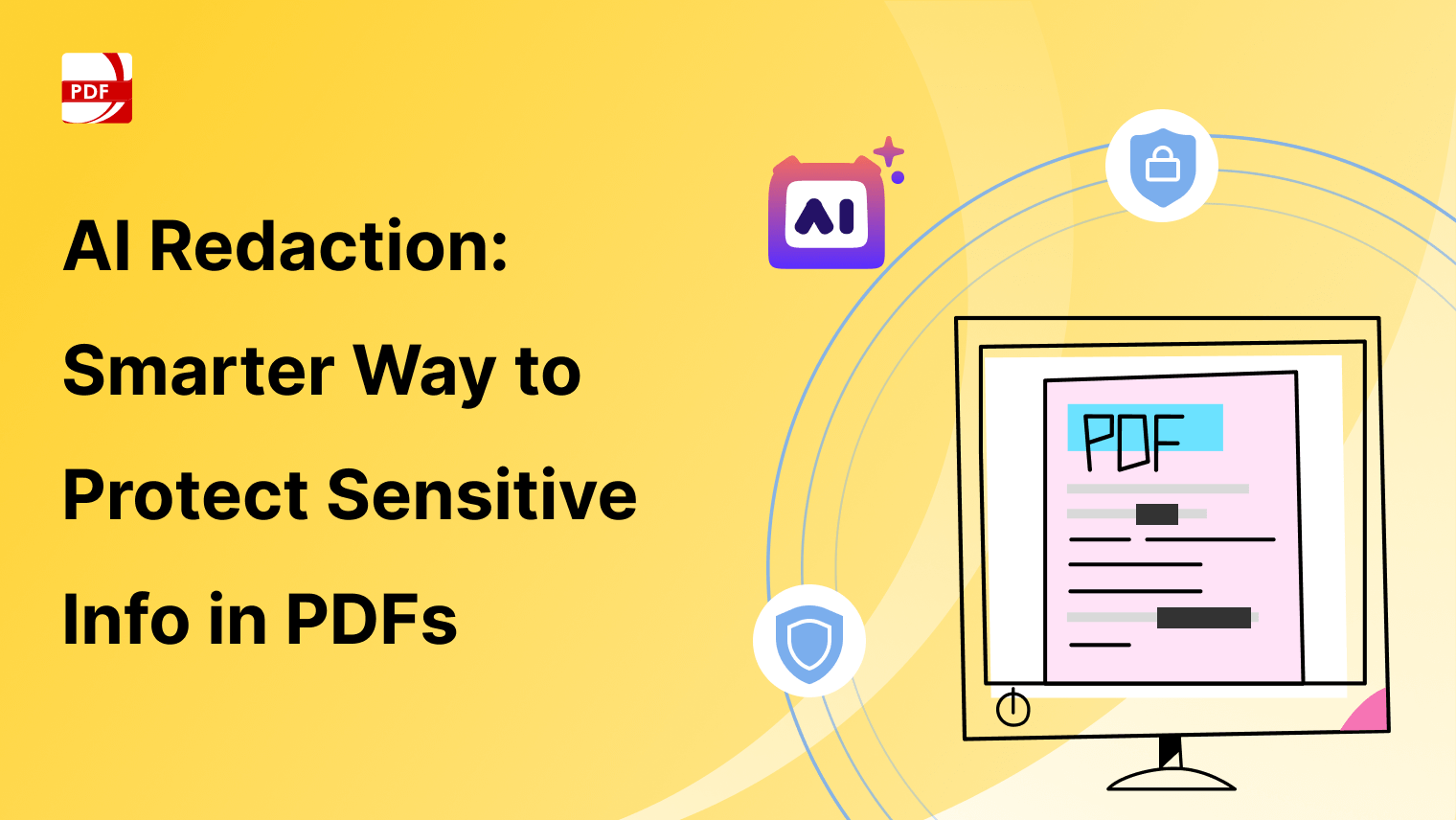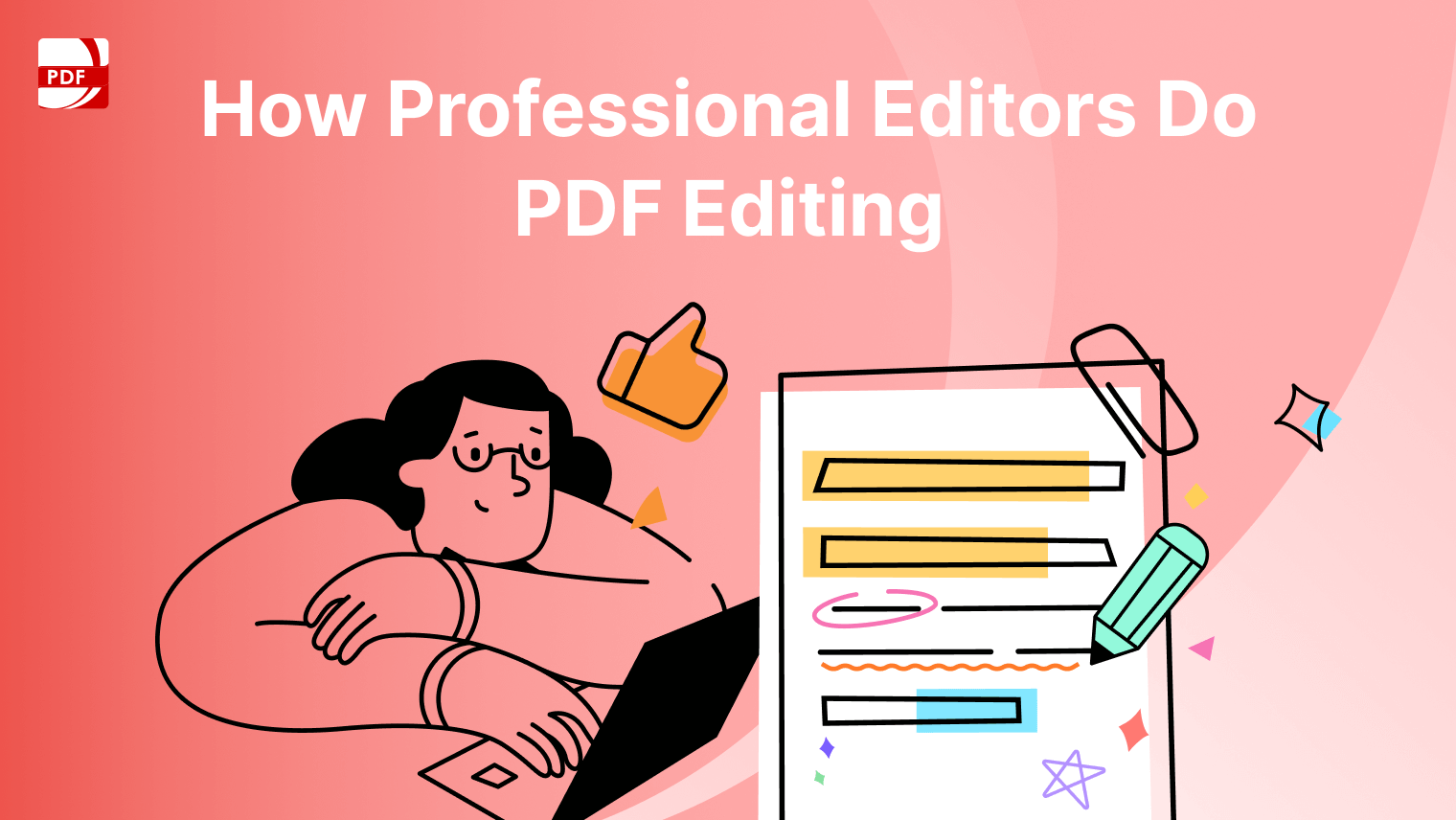Image source: Wikipedia
- Book Title: Frankenstein
- Author: Mary Wollstonecraft Shelley
- Year Published: January 1, 1818
- Goodreads Rating: 3.88/5
- Availability: Free version available here.

After you have purchased Frankenstein, follow these instructions to download it from Google Play Books in PDF format:
- Click on the "Books" tab at the top of your screen.
- Click on the "Your Library" link beneath that.
- Find your book and click the icon with three dots beneath the cover image.
- Select "Export" and then "Export as PDF".
How to Read Frankenstein in PDF Format
To truly enjoy the classic "Frankenstein" by Mary Shelley, you need the right tools. PDF Reader Pro is a versatile and user-friendly app designed for reading and interacting with PDFs.
With features that let you annotate, edit, and share your documents effortlessly, it brings a personalized touch to your reading experience. Make your literary journey as engaging as the stories you explore.
Enjoy a seamless reading experience and make the most of your PDFs with PDF Reader Pro.
Our Review of Frankenstein
"Frankenstein" by Mary Shelley remains a timeless masterpiece, captivating readers with its complex themes and rich narrative layers. Fifty years after my initial reading, I found myself thrilled once more by the vivid imagery of the creature navigating the harsh arctic landscape. Shelley's innovative use of narrative frames draws readers deeper into the story, allowing us to hear the alienated yet articulate voice of the creature himself. This structure not only adds depth but also leads us to a profound understanding of both Victor Frankenstein and his monstrous creation.
A fascinating aspect of the novel is how it reflects Mary Shelley’s literary heritage. Influenced by her father, William Godwin, themes of relentless pursuit and the consequences of unchecked ambition are prevalent throughout the narrative. The relentless hounding of one character by another echoes Godwin’s "Caleb Williams," illustrating the destructive nature of obsession and the moral responsibility that accompanies scientific exploration. This thematic resonance showcases Shelley’s ability to engage with and expand upon the ideas of her time, blending personal and philosophical struggles in a compelling manner.
Shelley’s writing style distinguishes her from her father, showcasing an elegance and precision that enhances the reading experience. Her descriptive details are artfully chosen, creating vivid scenes that linger in the mind long after the pages are turned. The characters are vividly portrayed, with their emotional struggles resonating deeply. The creature’s eloquence adds a poignant dimension to the narrative, prompting readers to grapple with themes of isolation, identity, and humanity itself.
While some readers may find the conclusion of "Frankenstein" hasty or unsatisfactory, it is essential to recognize the groundbreaking nature of the story. The revolutionary ideas presented throughout the novel challenge the conventions of both science and morality. Shelley leaves readers pondering the implications of her themes long after the final page, inviting ongoing reflection on the responsibilities that come with creation and the dangers of pursuing knowledge without regard for its consequences.
"Frankenstein" has birthed a myriad of adaptations and inspired countless works across various media. Its enduring legacy speaks to the power of Shelley's vision and the questions it raises about the nature of humanity and the ethics of scientific exploration. The novel's exploration of alienation and the consequences of ambition continues to resonate today, making it a relevant read for contemporary audiences.
For anyone seeking a thought-provoking and beautifully crafted literary experience, "Frankenstein" is an essential addition to your reading list. Its intricate storytelling, rich themes, and profound character explorations provide a compelling reason to revisit this classic work.
For more great literary finds, be sure to check out our top BookTok recommendations and see what’s currently trending in the world of books. Happy reading!


 Free Download
Free Download Free Download
Free Download








 Support Chat
Support Chat